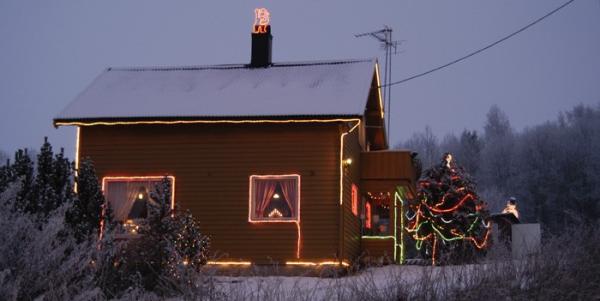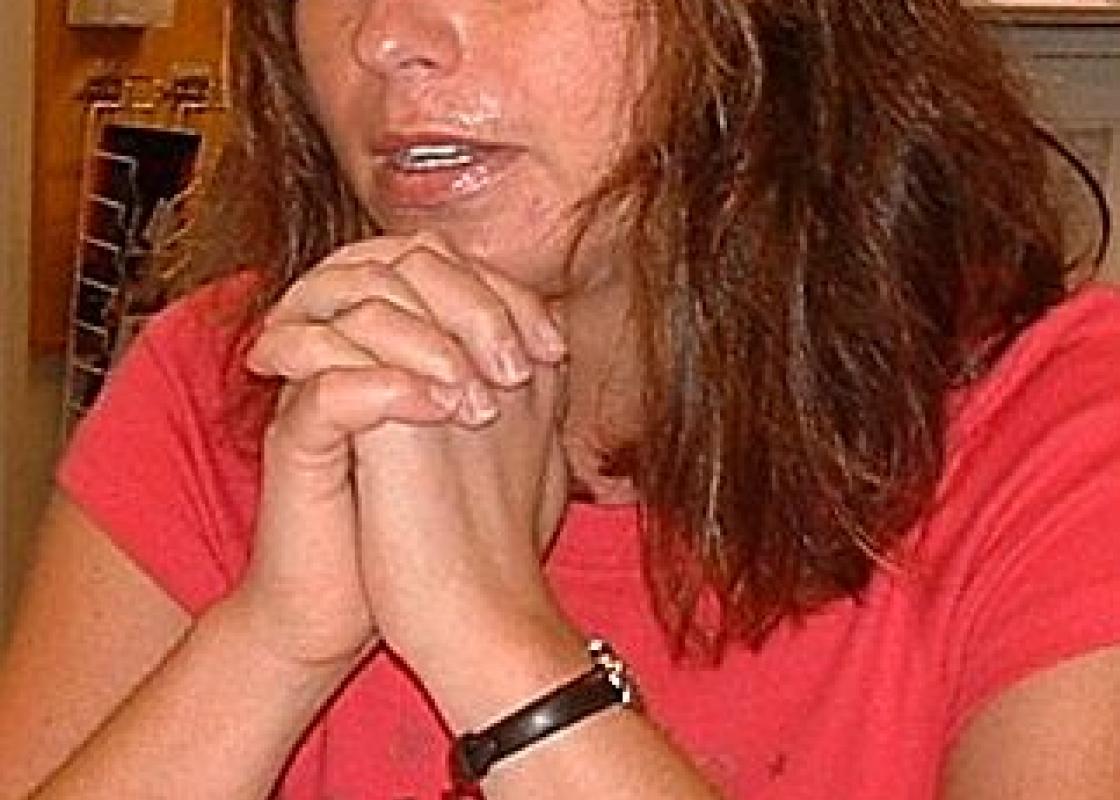Having spent the last ten years in the USA it was with mixed feelings I planned a sabbatical year in Norway. There was, after all, a reason why I chose to leave Norway in the first place, even though the USA was not at the top of my list of places I wanted to go to, and even though I hadn’t planned on being away for so long. But at that time I felt a powerful need to get away, mostly because I felt I didn’t have enough space in Norway. The Norwegian I-know-best mentality and A4-existence was suffocating me.

There is a lot that is good about Norway: the welfare state, a good social system, the focus on leisure time and outdoor activities – and additionally Norway is not only a world-beater in winter sports, but also in helping the poor in other countries. Acknowledgement for contributions to peace negotiations in conflict regions in the World have we also had. There is somehow no end to how good everything is in Norway with all our oil and wealth; A rich and safe country to live in. But does this mean that Norwegians always have the right to give advice to others, completely unsolicited? It was here I felt I had had enough of Norway; that people knew how I should live my life and they didn’t hesitate in telling me.
At the same time I was deeply critical of American culture, the source of superficiality, double standards, capitalism, the selfish competitive mentality, artificial culture, etc. Then I arrived in Seattle to continue my studies in the History of Ideas at the University of Washington, and I met Americans who were equally critical to those aspects of American culture as I was. In Seattle I “found myself”, as they say, because I had the space I needed. Norwegians have misunderstood when they judge American individualism as self-centred ladder-climbing egoism; a great worth is also set upon the unique individual, not only such as respect and openness, but as a celebration of diversity and individual differences, that which makes you you and not him or her.
Friendly gestures, such as “how are you” and “have a nice day”, seemed a little unsettling to me at first, because how genuine was that concern really? However, I gradually realised that to a certain degree they meant it, and besides it made daily life lighter and easier. I liked the fact that people didn’t just push past me or reach straight across me to get something, but that they politely said “sorry” – so that I had a chance to move out of the way. Norwegians had something to learn from this, I thought. It was the academic environment, however, that really made me stay. Talk about stimulation and dynamics in the classroom! From my time at Blindern (the University of Oslo campus) I was used to loneliness in the reading rooms, only interrupted by study groups and only if one arranged them oneself. The only feedback you received was an anonymous grade for exams sat. But here the professors and my fellow students listened to what I had to say, and I received in-depth feedback for papers I submitted.
Now, there is very much I like about Norwegian culture too, such as the benefits of social welfare and the short working hours, with a good balance between work and leisure, and that people take time off to go to the mountains and nature. So I was now returning, and I looked forward to so much; nature, time in cafes, wandering the city streets and – not forgetting – having a whole year to research something I was very interested in. But I dreaded it too. I had perhaps grown away from old friends, and I knew how difficult it was to make new friends in Norway. American students who had been in Norway, and who I supervised, had emptied their hearts to me.
I’m now halfway through my residence here, and my encounter with Norway has been quite different from what I had expected and feared, for what it’s worth. A lot of it is down to what I see as an Americanisation of Norwegian culture. To start off with: People have been so nice! Everywhere; in shops, in cafes, in the gym, on the tram. There are so many nice people here in Oslo! Perhaps they don’t take the initiative themselves, but nevertheless they show an openness and goodwill if others make the first move. When I was visiting, after my first year in Seattle, and in good old American fashion I tried to “strike up a conversation” on the bus, I remember that a man turned his back on me as if I were drunk. Instead of this I am now met with accommodation. People do not seem so reserved any longer, and during the autumn I have had a variety of pleasant chats with random people I have met in the street.
Another invaluable pleasure has been my experience at the Centre for Women’s Studies and Gender Research. I know that the Centre is unique with its dynamic, interactive, inspirational and, not least, pleasant environment, but it has shown me that it is possible, even in Norway.
However, what has struck me during the autumn is that people are suffering from work-related stress, and that there are greater demands on people to achieve both at work and outside of work. Less spare time leads perhaps to more fast food and more overweight children and youth? Traditional Norwegian bread is just not cool enough any longer as a snack.
Perhaps the most tragic side of Americanisation for me has been the media coverage of news, politics and the election campaign. I was looking forward to good Norwegian news (it’s no secret that there’s little of it in the States), but here the journalism has now become much less thorough, and more tabloid-like and personality fixated. The election campaign was a tragic example. I was really looking forward to following the debate and to casting my vote in Norway again, but there was so much sloganeering and personal muck-raking from politicians from whom I expected much better (most of them were active ten years ago, when I last lived in Norway). It was with a sour taste in my mouth that I cast my early vote at Oslo City Hall.

And to round off – now as Christmas approaches – I must add that it’s striking how Americanised Norwegian Christmas decorations have become, if not as glitzy and as all-pervading as they can be in the USA (yet). What has happened to the Norwegian Christmas Sheaf? But it’s very nice, with all the lights and decorations. And I hope that the reader understands: In my opinion Norwegians can be happy that they have learned a little from the Americans. Merry Christmas!
Translated by Matthew Whiting KILDEN
Anne G. Sæbø has a Ph.D. in Comparative Literature from the University of Washington and is an associate professor at St. Olaf College i Minnesota, USA. She is in Norway on a sabbatical year where she is working on the research project Sex, porn, and censorship: what’s in it for women? Investigating the potential of new feminist pornographies in a post-modern context. She is currently affiliated with The Centre for Women's Studies and Gender Research (SKK) at the University of Oslo and the Nordic Institute for Women's Studies and Gender REsearch (NIKK) as a guest researcher.
